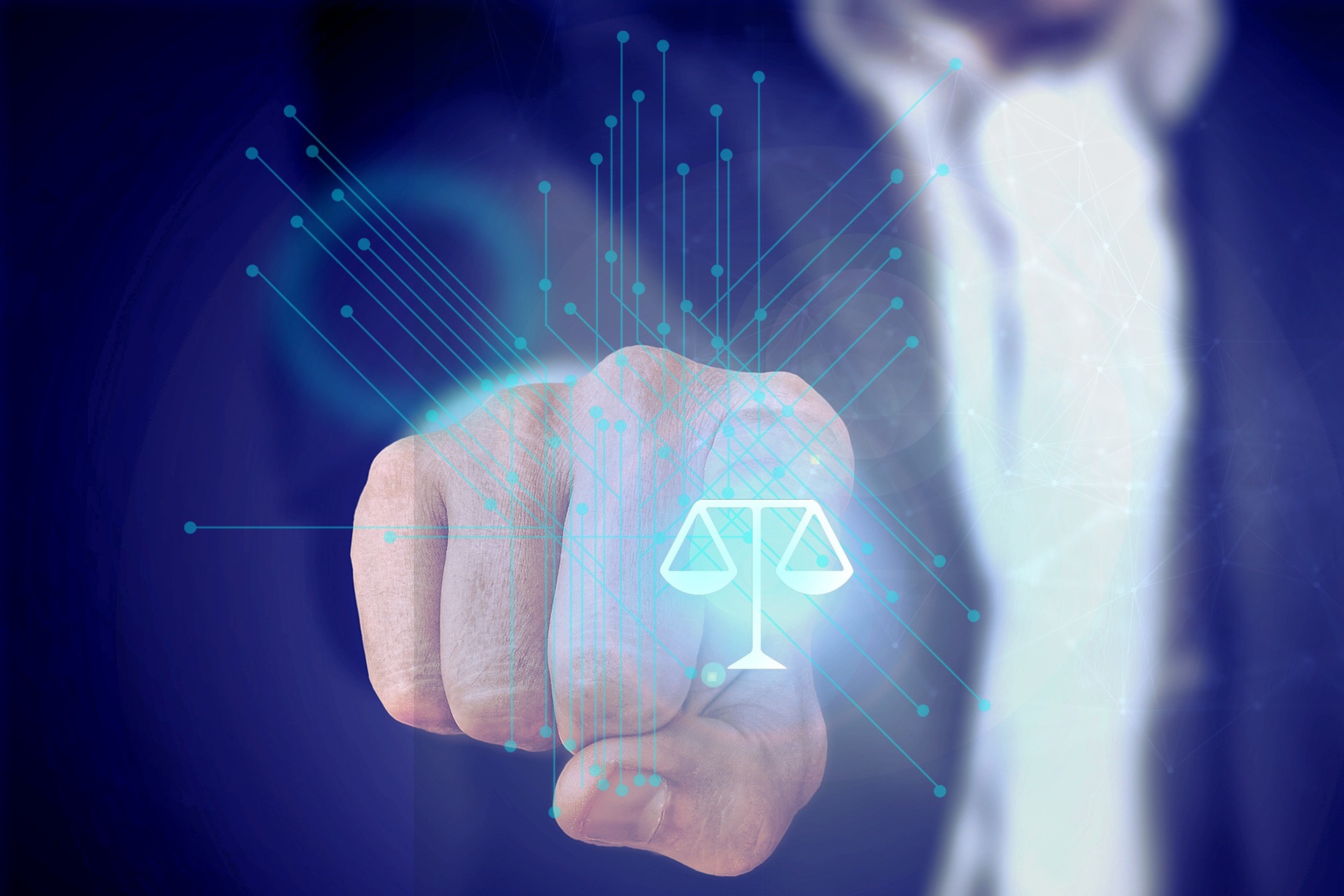Analyzing the Influence of Modern Technology on Lawmaking and Government Policy
The first paragraph: Technology has increasingly influenced laws and government policies across the globe. As we continue to experience rapid technological advancements, it's vital to understand how these changes are impacting our legal systems and government structures. This article delves into this subject, exploring the relationship between modern technology and law-making processes, current legal updates, and the implications of this dynamic.

The introduction: Discover how modern technology is reshaping the landscape of law and government. This article examines the intersection of these domains, offering an insightful analysis of the current scenario and future prospects.
The Historical Interaction of Law and Technology
Law and technology have always had a symbiotic relationship. As technological advances surface, laws are formulated and modified to accommodate or regulate them. For example, the advent of the internet led to the creation of cyber laws. Similarly, the proliferation of blockchain technology has prompted discussions about regulatory frameworks for cryptocurrencies.
The Digital Age and its Impact on Lawmaking
In the digital age, technology influences lawmaking in several ways. Artificial intelligence and data analytics, for example, offer new tools for legislators. These technologies can help analyze public sentiment, predict policy outcomes, and even draft legislation. However, they also raise new legal and ethical issues that need to be addressed.
Current Legal Updates: Technology and Policy
Recently, several countries have been grappling with the legal implications of emerging technologies. For instance, the ethical use of AI and the privacy concerns linked to big data are hot topics. Governments are trying to balance the benefits of these technologies with potential risks and public concerns. This has led to new policies and regulatory changes in various jurisdictions.
Implications of Technology-Driven Laws and Policies
The implications of technology-driven laws and policies are far-reaching. They can significantly impact our privacy, security, economy, and social structure. For example, laws regulating AI can influence the job market by controlling the extent to which automation can replace human labor. Similarly, policies governing data usage can affect individuals’ privacy rights and business practices.
The Future of Law and Technology
The influence of technology on law and government policy is a critical topic in the modern world. As technological advancements continue to accelerate, it’s crucial for lawmakers and policy-makers to stay ahead of the curve. This will ensure that our legal systems and government structures can adapt to the changing landscape, effectively balancing innovation, public interest, and societal well-being.
Final Notes: The interplay between law, government, and technology is complex and ever-evolving. As we continue to navigate the digital age, it’s crucial to stay informed and engage in discussions about these important issues. Understanding the influence of technology on lawmaking and government policy can empower us to make informed decisions, contribute to policy debates, and shape the future of our digital society.




